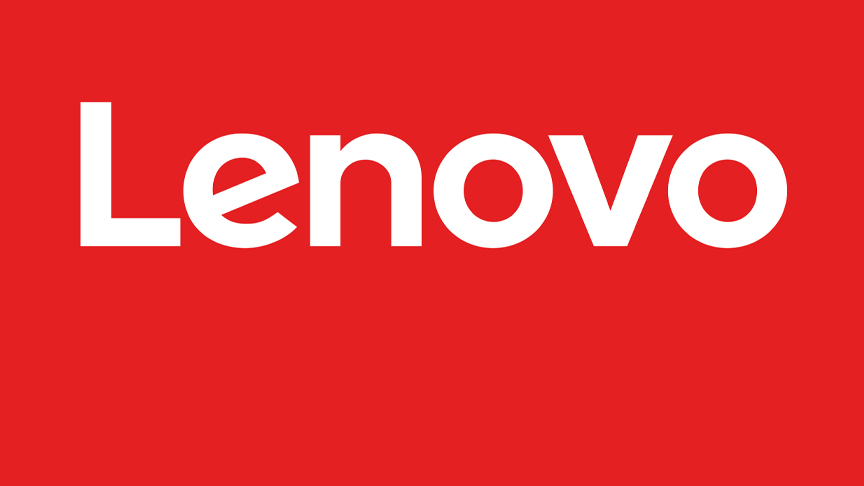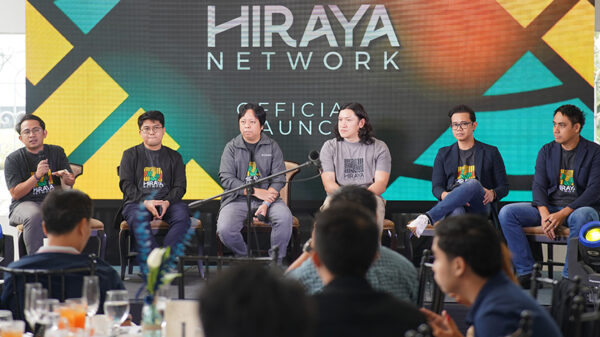A global annual survey of Chief Information Officers (CIOs) by Lenovo reveals that despite economic headwinds and IT budget challenges, the world’s CIOs are bullish about the power of technology to deliver value for their organizations. Despite their optimism, the risks are real, as 83% are concerned that there will be insufficient budgets to properly invest in innovation and digital transformation, and almost half (48%) say they are “extremely” or “very” concerned.
The second edition of the annual Lenovo Global CIO Study found that CIOs (48%) are also more likely to prioritize innovation in new technologies over optimizing their current tech stack. The stakes are high, with 60% of CIOs reporting that a freeze in investment to innovation would impact their business at once or within weeks across business automation, business model transformation, data analytics and environment, social, and governance initiatives. Adding to this, 33% of CIOs do not feel their organization is sufficiently resilient.
“The job of the CIO has never been more demanding, and the findings indicate they are taking increasing risks in response. The more complex the technology landscape, the more challenging it is for the CIO to enact organization-wide digital transformation and prioritize initiatives and investments that will deliver business outcomes,” said Ken Wong, President of Lenovo Solutions and Services Group.

While one in five CIOs expect their IT budgets to increase by more than 10% in the next 12 months, the majority (59%) expect their budgets to only increase from 1% to 10%. To mitigate potential risks, CIOs are hyper-focused on ensuring that their tech stack and teams are becoming more agile and resilient (81%). This finding is consistent with CIOs’ dissatisfaction with much of their installed IT base, with most saying that they would replace half or more of their tech stack if they had the chance.
It comes as no surprise that CIOs are turning towards “as a Service” (aaS) offerings for their tech stacks. Deploying aaS solutions simplifies and optimizes everything, enabling IT leaders to focus on innovation and be more agile in responding to their organizations’ changing needs. A pay-as-you-go consumption model – from procurement to deployment and management of infrastructure to hardware and licensing – empowers CIOs and IT teams to focus on innovation or more strategic imperatives, a benefit that most CIOs are aware of.
The vast majority (92%) of CIOs are considering adding new aaS solutions to their tech stacks over the next two years. This is on the back of 71% of CIOs who said between 11% and 50% of their IT is currently delivered on an aaS basis. Software aaS, infrastructure aaS and device aaS are cited by more than half of CIOs as being much or somewhat more used than in the previous year.
Organic and AI opportunities for IT leaders
Two major priorities stood out from the study. First is the emergence of artificial intelligence and machine learning (AI/ML) as mainstream IT priorities that are fueling ambitions for innovation. Second is people-related opportunities, given that attracting and retaining talent is critical to a company’s success.
AI/ML has quickly become an urgent priority for CIOs as they strive to stay up to date with the rapid pace of technological progress. No less than 43% feel “urgent pressure” to address AI/ML as a priority, only slightly behind cybersecurity (51%). As many as three in five IT leaders also have experienced pressure to further optimize their companies’ operations.
Talent-related responsibilities including recruitment and retention (59%), managing a remote workforce (59%), managing global teams (58%), and diversity, equity, and inclusion (55%) remain significant challenges for CIOs as they expand their role to digitize operations across departments.
“Given the focus on cutting edge technology such as AI and perennial challenges in talent management, there is a clear gap that IT solution partners, such as Lenovo, can help fill. The ability to design and deliver on a range of solutions from hardware to edge to cloud, and powered by AI, not only streamlines day-to-day operations but also empowers organizations to innovate with agility and maximizes their tech stack to fulfil their business ambitions,” said Wong.
The full study is available at TechToday.









































































































